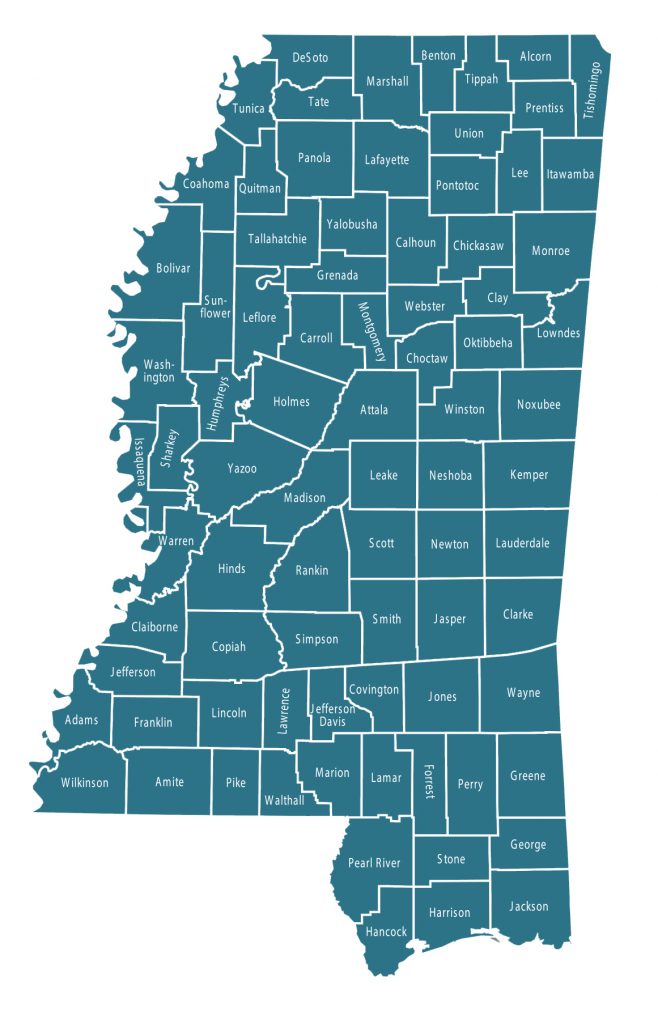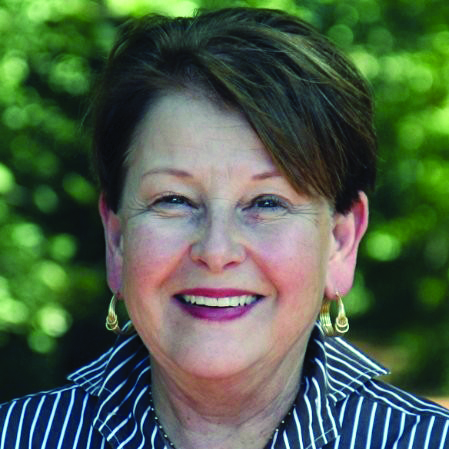By Becky Gillette
There is no one-size-fits-all recipe for reopening different kinds of business across Mississippi that have been impacted by closures associated with the efforts to stem the spread of the coronavirus disease 2019 (COVID-19). Business and political leaders appreciate Gov. Tate Reeves’ acknowledgement of that fact and his strategy of “state managed, locally executed’ as the best way to ensure the health and well-being of all Mississippians.

“The Governor and his team have been in regular contact with local elected officials across the state to ramp up our partnership and coordination throughout this outbreak,” says Renae Eze, spokesperson for Gov. Reeves.
Eze said the pandemic impacts have not been evenly distributed. It has caused more harm to older, poorer populations and African Americans. The state’s response has been to take that into consideration.

“Modeling our state’s response after South Korea’s successful approach, Gov. Reeves has implemented an ‘Identify and Isolate’ strategy to target the virus through a surgical approach. Just this week, the Governor signed an executive order with additional social distancing measures for seven eastern counties identified at a higher risk of transmission. The Governor will continue to review the data and consult with our health experts to determine when and how to safely reopen our state while protecting vulnerable Mississippians.”
Greenwood Mayor Carolyn McAdams says she appreciates Gov. Reeves giving discretion to mayors to treat cities as they see fit.

“I think Mississippi reopening slowly is the way to be safe while we get the economy open,” says McAdams. “We are reopening slowly here, as well, and putting in place certain restrictions like the masks. We are now encouraging stores to suggest that customers wear some type of cloth covering over their mouth and nose.”
A number of counties in Mississippi have been hit hard by COVID-19, including Leflore County, which has had 185 cases and 18 deaths.
“Our numbers have not leveled off,” says McAdams. “We still have cases and it is still climbing.”
While people can be encouraged to wear masks, some refuse. McAdams said there has been push back, especially from the elderly. You can tell people that it is for their protection, but it is simply something many don’t like.
“Social distancing is something that is really foreign to Mississippians,” says McAdams. “We are a group of huggers. We are excited to see one another. Social distancing isn’t something Mississippians understand to begin with. We have to change our thinking to protect ourselves and others.”
She said they don’t have enough police officers to enforce things like mask wearing. Instead, the city has to consistently remind people about the practices they need to adopt to protect themselves, their family, their employees and customers.
“It is a matter of personal responsibility,” says McAdams. “We still have a 10 p.m. curfew. That has been tremendously helpful to police so we will hold onto this curfew for a while.”
McAdams said she has been very proud of the business people in Greenwood who bought into making precautions to protect their staff and customers. Some people think the government response might be an overreaction.
“Truly, we don’t know if we are overreacting or not,” says McAdams. “My motto is: ‘Better safe than sorry’. I wish we could march everyone through one of the COVID-19 units in the hospital. It would put the fear of God in you to see how sick people are in these units. It is very sad that people have family members dying, and they can’t even say final goodbyes because of contagion risks. Fortunately, most people are surviving this, but you can also see it is taking a toll.”

Dawn Starns, director of NFIB, Mississippi, said their members are really excited about reopening and the recent passage by the Mississippi legislature of a grant program for businesses.
“The Governor has been positive in balancing the health impacts and economic impacts,” says Starns. “We feel it has been as good as it can be given the circumstances. We have members who are telling us they are ready. Many used the down time well to prepare to manage their shops for six-foot social distancing and obtaining personal protection equipment for employees. Things don’t necessarily look good the next couple of months, but things will be better in six months or so. Our members are generally optimistic about the economy. It looks better down the road.”

